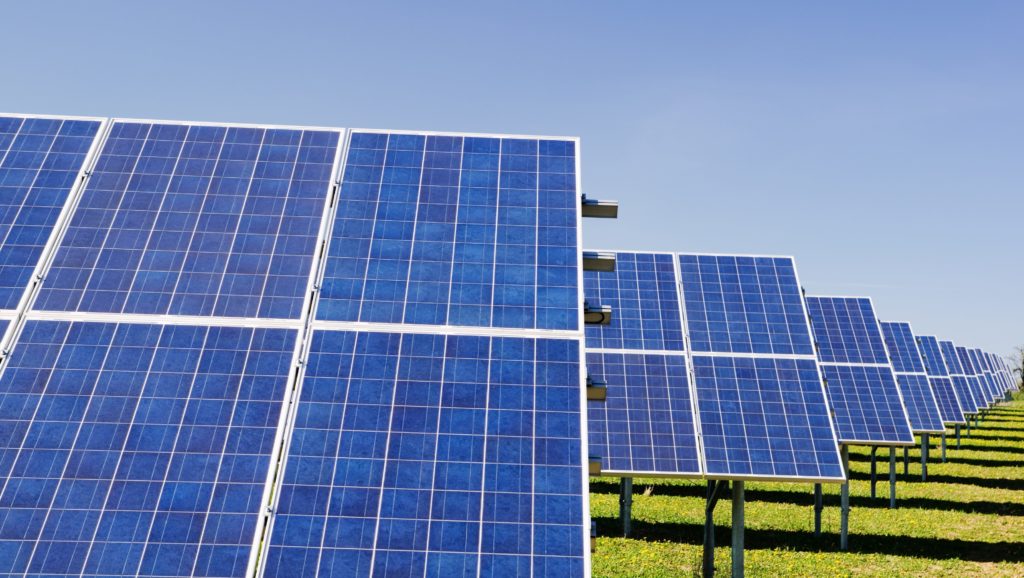Check out our breakdown of an unprecedented wave of climate investments (totaling over $200 million) from Vermont’s 2022 Legislative Session below. We thank the Legislature and Governor for including these historic investments in the “big budget bill” (now Act 185). These investments represent essential progress towards ensuring all Vermonters benefit from our transition away from destructive and costly fossil fuels, and set a strong foundation for additional, necessary climate action in the future.
Low Income Weatherization Program:
$45,000,000 for the Home Weatherization Assistance Program run by the Office of Economic Opportunity and the Community Action Agencies. Sec. G.600(a)(1). This will likely benefit 3,500-4,000 homes.
Moderate Income Weatherization:
$35,000,000 for weatherization for Vermonters with moderate incomes, through Efficiency Vermont. Sec. G.600(a)(2). This will likely benefit 8,000-9,000 homes.
Home Electrical System Upgrades:
$20,000,000 for “financial and technical assistance for low- and moderate-income Vermonters to upgrade home electrical systems to enable installation of energy saving technologies,” through the Clean Energy Development Fund at the Department of Public Service. Sec. G.600(a)(4).
“Switch & Save” Heat Pump Water Heater Program:
$5,000,000 to create a “Switch & Save” program to allow low- and moderate-income Vermonters to install heat pump water heaters at low- or no-cost, through the Clean Energy Development Fund at the Department of Public Service. Sec. G.600(a)(4) This will likely benefit 1,200-2,000 homes.
Load Management and Storage:
$2,000,000 for load management and energy storage for low- and moderate-income Vermonters, smaller electric utilities, and municipalities, through the Department of Public Service. Sec. G.600(a)(5)
Advanced Metering Infrastructure:
$8,000,000 for matching funds for Advanced Metering Infrastructure for rural and municipal electric utilities, through the Department of Public Service. Sec. G.600(c)
Municipal Energy Resilience:
$45,000,000 to support municipalities with technical assistance, energy assessments and municipal weatherization, fuel switching and other potential energy-saving and resilience measures. This includes $36,600,000 in direct grants to municipalities for this work of up to $500,000. G.600(d). This would benefit 73 municipal buildings if every grant is made at the maximum of $500,000.
Electric and High-Efficiency Vehicle Incentives:
Expands the suite of vehicle incentives by investing:
- $12,000,000 in Incentive Program for New Plug In Electric Vehicles (PEVs) – G.600(b)(2)-(5), and (b)(6)(C).
- 3,200 incentives
- $2,000,000 in Drive Electric Vermont.
- $3,000,000 in MileageSmart.
- 550 incentives
- $3,000,000 in Replace Your Ride Incentives.
- 850 incentives
- $50,000 in e-bike incentives
- 200 incentives
Electric Vehicle Supply Equipment (EVSE) Grants:
Expands the existing EVSE Grant by investing:
- $10,000,000 in Level 1, 2, and 3 EVSE at multi-unit dwellings, workplaces, and community attractions. Sec. G.600(b)(1)
- No less than 30% of the $10,000,000 appropriated in this bucket will go to Level 1 and Level 2 EVSE deployment in multi-unit dwellings (MUDs). Additional detail in Sec. E.903.
- 1,200 L2 chargers, including 400 at MUDs (assuming $7k/charger, all L2 and no L3, and no match)
- $2,000,000 for public EVSE along highway networks. Sec. G.600(a)(3)
- 25 L3 chargers (80 including funding in t-bill) (assumes $65k/charger, no match)
Note also that $4,250,000 in state and federal transportation funds are dedicated in the Transportation Bill for Level 3 EVSE along the State highway network, in addition to the $2,000,000 in Sec. G.600(a)(3) of the budget.
Language in the budget and the T-bill also ties the pace of deployment of these vehicle and EVSE incentives and grants to the Global Warming Solutions Act’s requirements, and makes sure that outreach and translation services are funded to advance equitable access to these programs.
Innovation in Transit
- $1,200,000.00 to continue fare free transit in urban routes. This authorization will allow public transit providers to, as practicable, provide zero-fare public transit on routes other than commuter and LINK Express and restore service to pre-COVID 19 levels.
- $1,500,000.00 for Mobility and Transportation Innovation grants. This authorization continues to support projects that improve both mobility and access to services for transit-dependent Vermonters, reduce the use of single-occupancy vehicles, and reduce greenhouse gas emissions. No less than $1,250,000.00 of this authorization shall go towards micro-transit projects.
*This summary reflects significant, new FY 23 climate mitigation commitments in the FY23 budget bill — above and beyond baseline funding for programs like low-income weatherization and multi-year funding appropriated in the 2021 legislative session.

